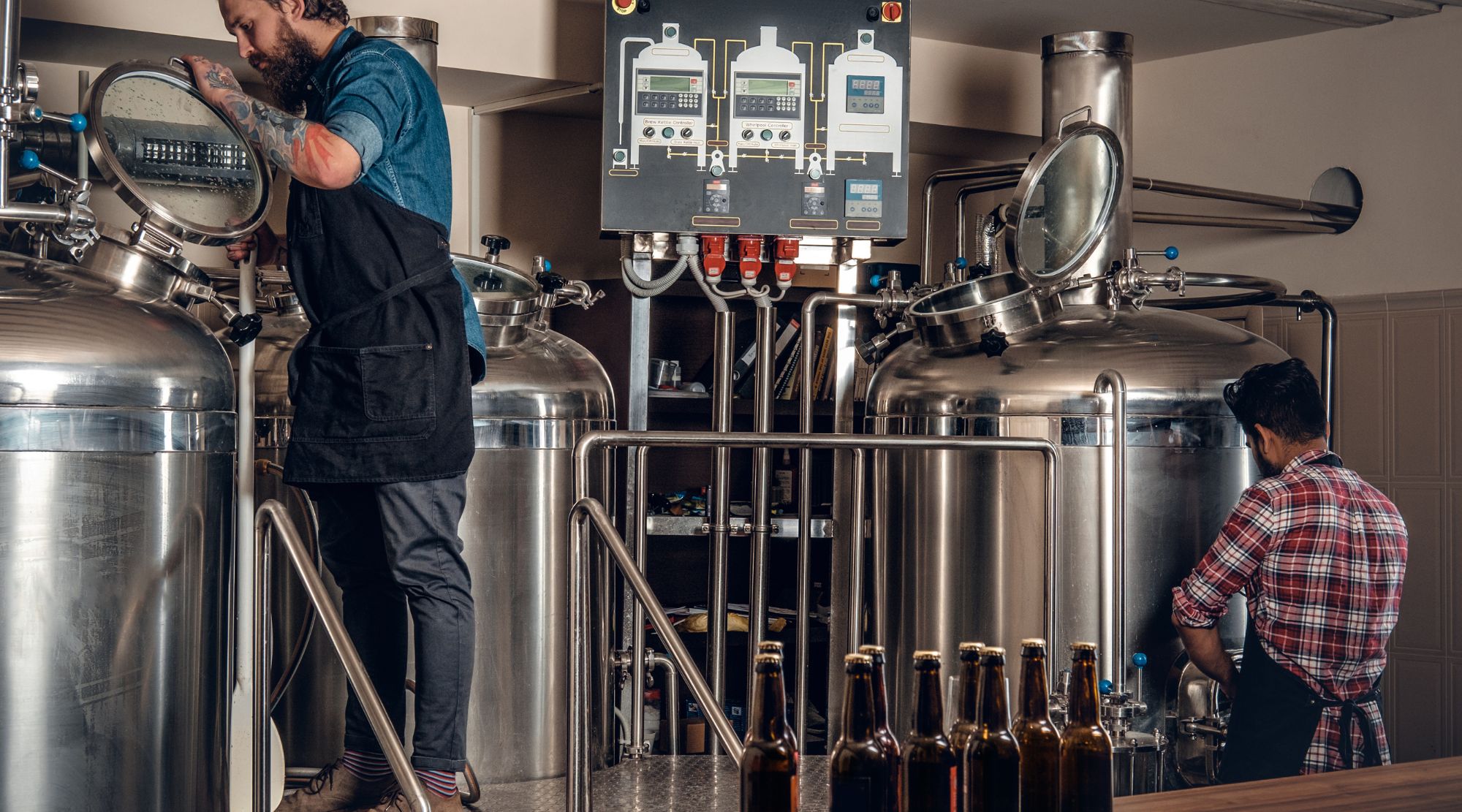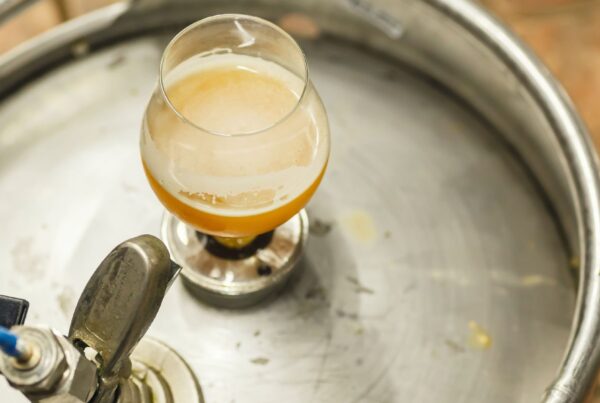Those poor, misunderstood adjuncts. Well, actually, adjuncts are doing fine—they’re in all of the best selling beers in the United States. But still, for decades, they’ve been pariahs in the specialty brewing world; shunned by beer snobs who equate them with mass-produced, sweet, lighter-than-air lagers.
But let’s not throw out the whole six pack just because one can is dented. Sure, adjuncts might have a pretty bad reputation among some specialty brewers—but that doesn’t mean they’re wholly without merit.
Allow me, your self-appointed “adjunct professor,” to shed some light on the value of these often-maligned beer brewing ingredients. Let’s talk a bit about what they actually are, and why they’re not necessarily “bad.”
What is an Adjunct in Beer-Making?
So, what exactly are adjuncts when it comes to the wide world of beer brewing?
In the simplest terms, an adjunct is a non-malt source of fermentable sugars.
(Now, either you’re an experienced homebrewer nodding your head sagely right now… or that last sentence just made your eyes glaze over.)
So for those of you not fully immersed in the world of homebrewing—or who are here just looking up answers for some kind of beer brewing quizlet like this is CourseHero or something—let’s translate things a bit better:
Adjuncts are essentially just additional ingredients that brewers use to enhance the flavor, body, or alcohol content (ABV) of their beers. Other additives, i.e. flavorings or clarifying agents, serve different purposes in the brewing process and don’t contribute to the fermentation process in the same way—hence, not adjuncts.
Are Adjunct Beers Bad?
here’s a common misconception that adjuncts are a sign of a cheap, subpar beer. And sometimes, that’s true. But not always.
When wielded by a master brewer, adjuncts can elevate a brew, adding some complexity and character. For more, let’s look at some historical context.
The Briefest Possible History of Adjuncts
Adjuncts in beer are nothing new; they’re not some synthetic, modern abomination. They’ve been a part of brewing history for centuries.
Whether it was Belgian and British brewers using adjuncts to lighten body—or ancient Mesopotamians using raw, unmalted grains in their beers—adjuncts have pretty much always been here. (When it comes to beer, you can’t go back much further than ancient Mesopotamian barley beers. Here’s a little more about them if you’re interested.)
Common Adjuncts in Beer
Now that we’ve got a better understanding of what adjuncts are, let’s take a look at some of the all-stars in the adjunct world.
- Corn/Rice: Often found in American-style lagers—in fact, often is an understatement. American-style Adjunct Lagers are the best selling style of beer in the United States (think all of the giants: Bud Light, Miller Lite, Busch Lite, Coors Lite, etc.) and most of them use corn or rice as adjuncts. Similarly, rice is commonly used in Japanese-style lagers.
- Dextrose: A popular adjunct for lightening the body of beers like Double and Triple IPAs. It’s a favorite of brewers because it ferments “clean,” meaning it doesn’t leave behind unwanted flavors or textures.
- Belgian Candi Sugar: A mainstay in classic Belgian Dubbels, Tripels, and Quads. It adds a touch of caramel/toffee flavor, and helps create the silky-smooth mouthfeel that Belgian beers are famous for.
Final Thoughts
Back in the 90s and 2000s, many small brewers would scoff at the mere mention of corn and rice. But nowadays, the craft beer scene is having a change of heart. With an eye on expanding their customer base, smaller brewers have been coming up with new rice lagers, blue corn ales, and other adjunct beers.
So don’t discount a beer just because someone told you “adjuncts in beer are bad.” Not every beer in the world has to be a hop bomb or a sour bomb or a barrel-aged, wild-fermented, juniper-infused masterpiece. Sometimes, a beer that actually tastes good is all that matters.






